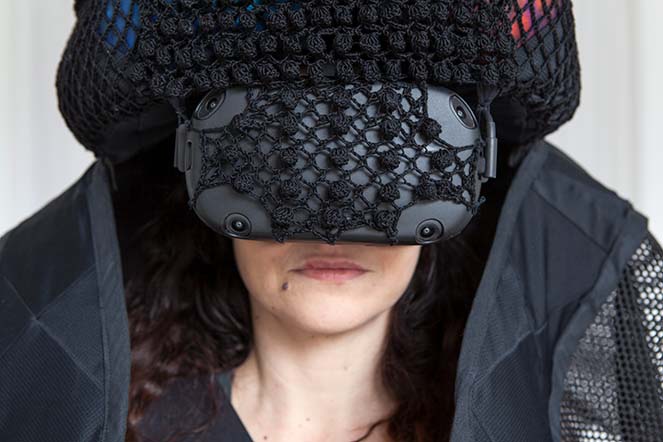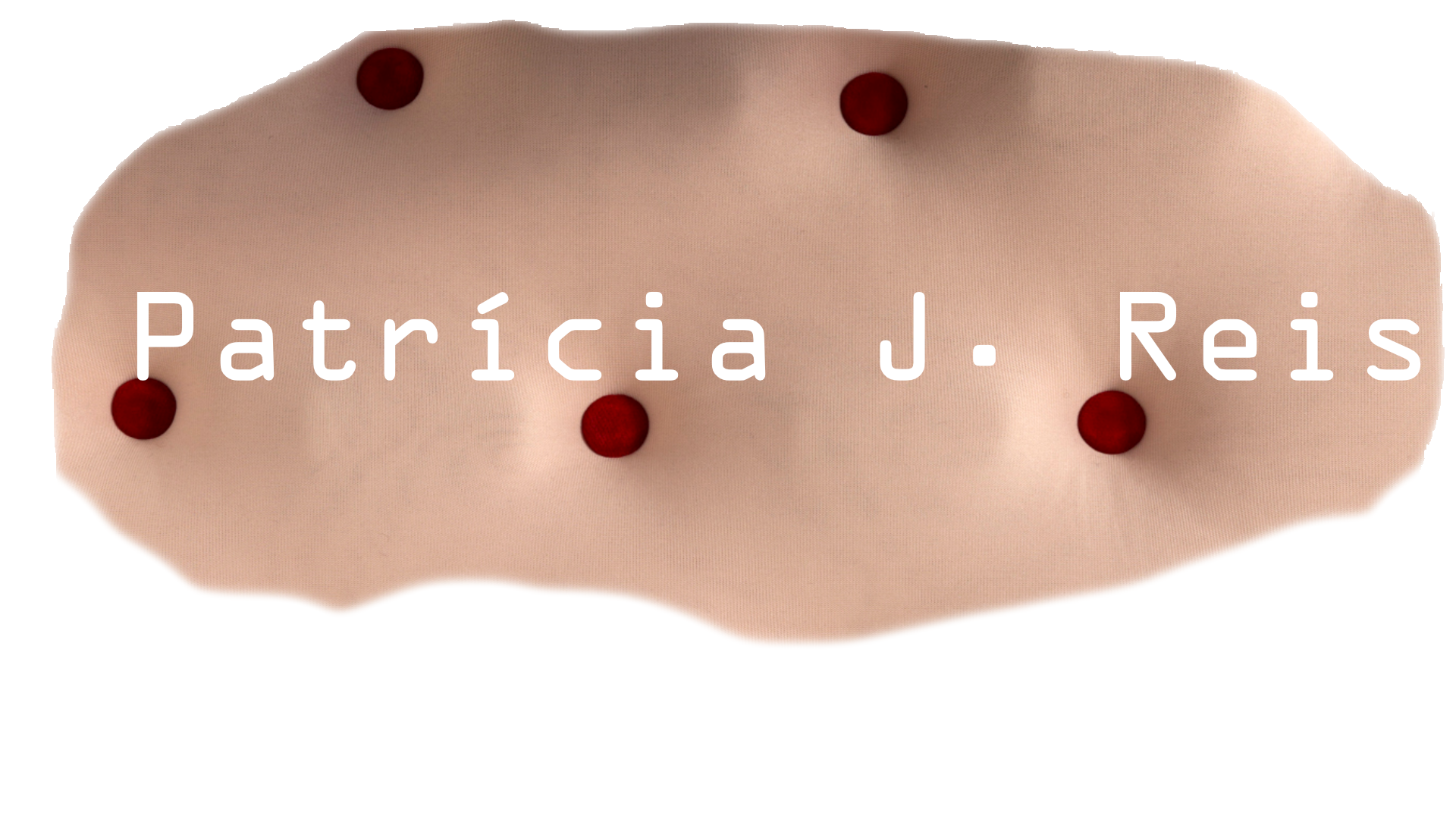Low-tech paper pulp lab a collaboration with Ana Rita António
The participatory installation Low-tech paper pulp lab aims at bringing together people from different backgrounds and mind sets to collaborate with the artists in a commodity chain performance designed for recycling and upcycling paper collected from the streets of Havana. The installation acts as a community laboratory, offering a temporary space for sharing, caring, healing, doing & thinking-together about future economic, ecologic, social and affective sustainability. In a contemporary global context so-called Anthropocene, overruled by consumer capitalism and neo-liberal markets, accelerated technological development (only accessible to privileged consumers), degradation of natural resources (that can’t be repaired), it is urgent to evoke alternative scenarios for a self-sustainable desired future. We believe that one way to act and re-act is through deconstruction, questioning and subverting the system by reversing engineering, and defending access to open knowledge. Built upon the belief that art practice can be a critical impetus for change, the installation Low-tech paper pulp lab was thought as a potential tool for emancipation contributing to an Open source economy. Recycling and upcycling have become increasingly important as we strive for a more sustainable future. In particular, the art world has played a crucial role in exploring creative ways to repurpose waste materials. The participatory installation Low-tech Paper Pulp Lab, a collaboration between artists Ana Rita António and Patrícia J. Reis, took place in 2022 in Havana, Cuba, as part of the Art Biennale. The goal was to gather locals, encouraging collaboration with the artists in a happening/performance that enacted a commodity chain for recycling and upcycling paper. The four-week action began with an open call to participants to bring their own obsolete paper objects. The recycling laboratory was designed to resemble a ‘kitchen studio’, including various workstations for collecting, sorting, shredding, pulping, de-inking, drying and modelling the paper. Participants could choose which part of the chain they wanted to contribute to and participate in, as well as which object they wanted to create as the final outcome of their participation. Collaborators worked together in a close and intimate environment, fostering peer-to-peer and hands-on transfer of knowledge. The different stages of the production process were structured like a narrative, acting as a community laboratory that offered a temporary safer space for sharing, healing and contemplating future economic, ecological, social and affective sustainability. Each object was thoroughly documented before and after the recycling process. The Low-tech Paper Pulp Lab was designed by Ana Rita António and assembled through a modular system designed under an open source grid available on an online platform called Open Structures (https://www.openstructures.net/). Creatives from around the world contribute with the design of parts, allowing the structure to be organically rearranged and adapted for diverse purposes. What is a paper pulp lab today might be a greenhouse or shelter structure tomorrow. The full schematics of the lab, including assembling instructions in English and Spanish, are available for download at https://anaritaantonio.com/. This project has been further supported by: Norske Billedkunstnernes, Bergen Kommune, Norsk Kulturrådet, Vestland Fylkeskommune, FWF -Österreichischer Wissenschaftsfonds FWF (PEEK AR580)
DIY Low-tech paper pulp made of wood modules, Happening/Performance at the Havana Biennial, Havana, CU, Dimensions variable
- Categories:
- Share Project :





















